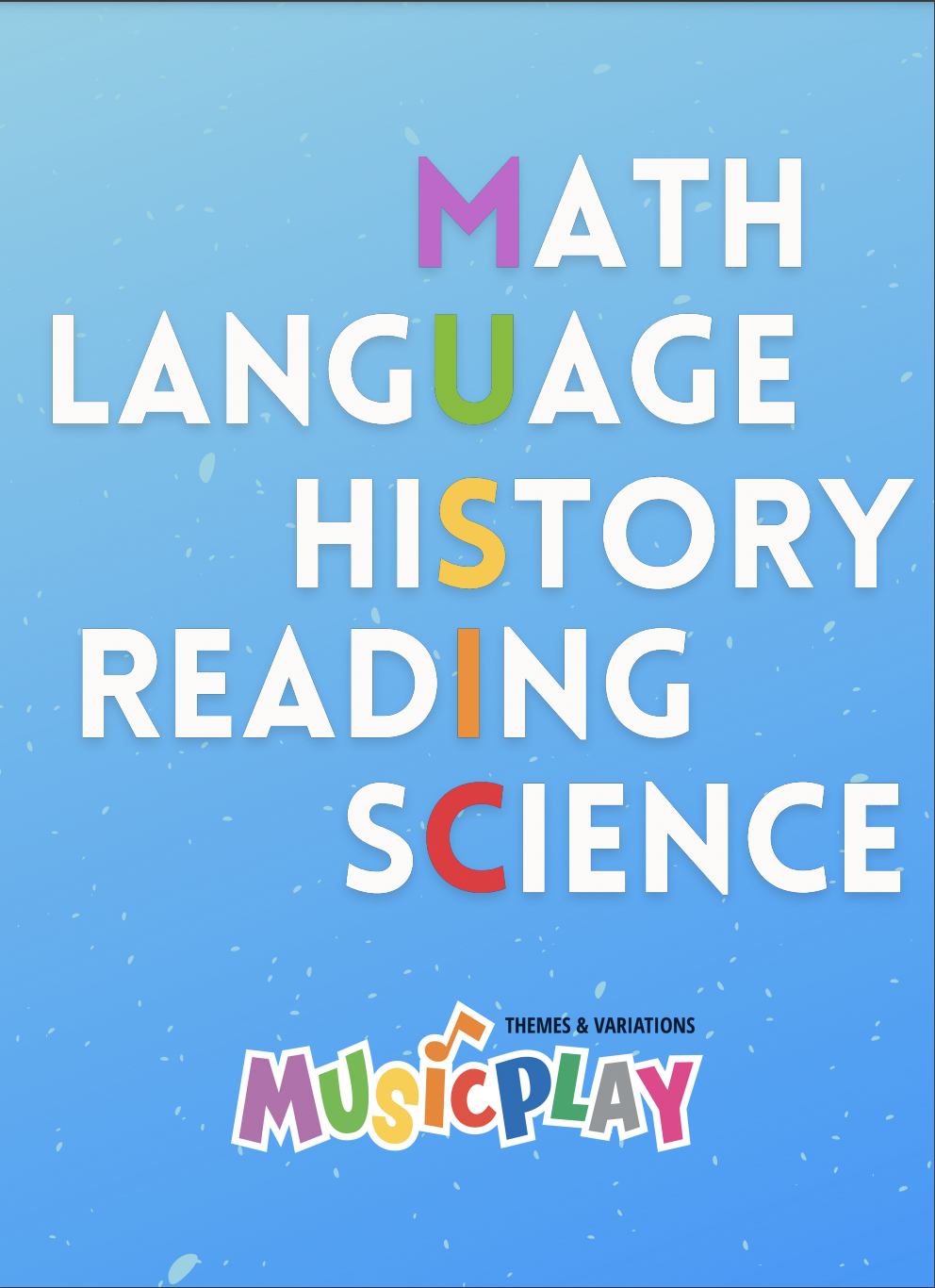Meet the Teacher
Every child can succeed when given the guidance, tools, and resources they need. Teaching is a daily work of heart. I endeavor to create an equitable, safe, inclusive, positive and fun learning environment where all students can experience the joyful, life-changing power of music education and develop a lifelong love of learning. I intend to foster positive relationships with students, families, and community partners rooted in mutual respect, compassion, and empathy while maintaining appropriate professional boundaries. I know that students can only learn in caring, nurturing environments.
I am passionate about music education. I am a proud graduate of Biola University where I earned my Bachelor of Music Degree in Music Education: Voice and Choir Emphasis, a Minor in Biblical and Theological Studies, and my Single Subject Teaching Credential in Music, preschool through grades K-12th. In college, I was selected to work as Teaching Assistant for the Head of Music Education. I also sang and was elected president of the Biola Chorale, performed in opera productions, and sang in and conducted the Biola Men's Chorus. While completing my credential, I taught private piano and voice lessons to children aged 5-11 as a faculty member at the Irvine School of Music for two years. I've completed graduate-level coursework through National University and PDI's UCSD Extended Studies on teaching special needs students, trauma-informed teaching practice, responsive & restorative classroom approach, culturally responsive pedagogy, and social-emotional learning. I am perpetually learning and refining my teaching practice to meet the needs of all learners.
I have pre-service experience teaching TK-12th Music in the Garden Grove Unified School District, Anaheim Union School District, and Huntington Beach Union High School Districts. I've also worked as an elementary summer music specialist in Newport-Mesa Unified for grades K-6th. My current research interests include SEL & restorative practices in the music classroom, trauma-informed teaching practices, ABA strategies, EL learner strategies, strategies for teaching students with autism, ADHD learning and teaching strategies, differentiation in the music classroom, poverty-informed teaching, vocal pedagogy, and developmentally appropriate teaching practices in the elementary music classroom.
The research behind lifelong benefits of early exposure to music education is on-going.
Research into music education continues to demonstrate educational/cognitive and social skill benefits for children who make music. After two years of music education, researchers found that participants showed more substantial improvements in how the brain processes speech and reading scores than their less-involved peers and that students who are involved in music are not only more likely to graduate high school but also to attend college as well. In addition, everyday listening skills are stronger in musically trained children than in those without music training. Significantly, listening skills are closely tied to the ability to: perceive speech in a noisy background, pay attention, and keep sounds in memory.
Later in life, individuals who took music lessons as children show stronger neural processing of sound: young adults and even older adults who have not played an instrument for up to 50 years show enhanced neural processing compared to their peers. Not to mention, social benefits include conflict resolution, teamwork skills, and how to give and receive constructive criticism.
--
An art education, more than any other kind, develops self-discipline, broadens one's perspective, and helps the student to understand his or her world. It is the kind of education that can enrich a lifetime.
-Kenneth M. Hanlon






